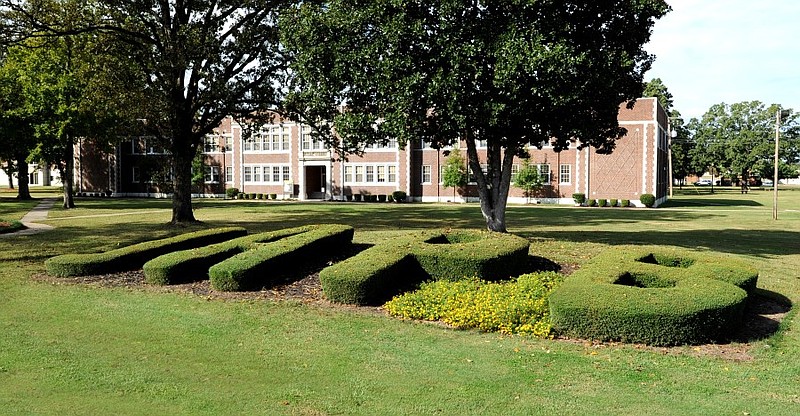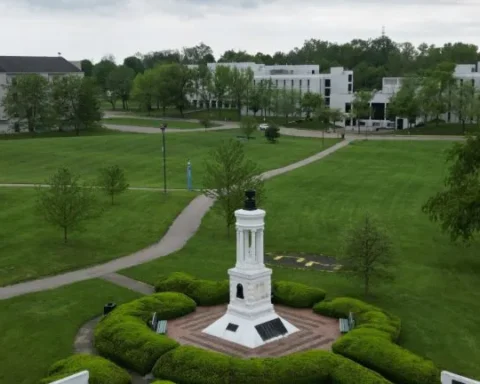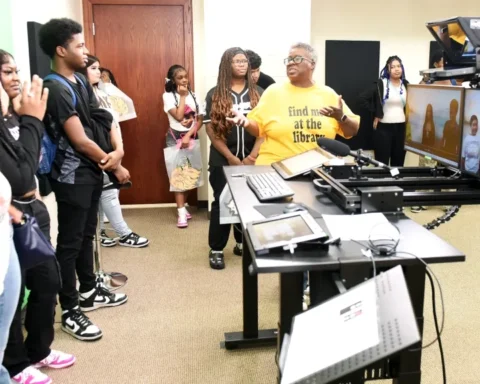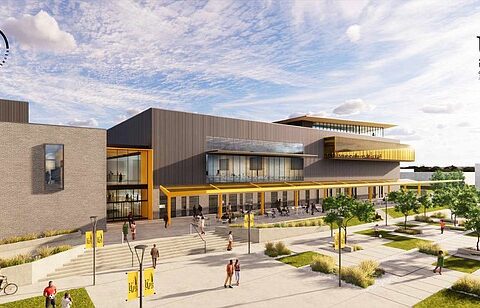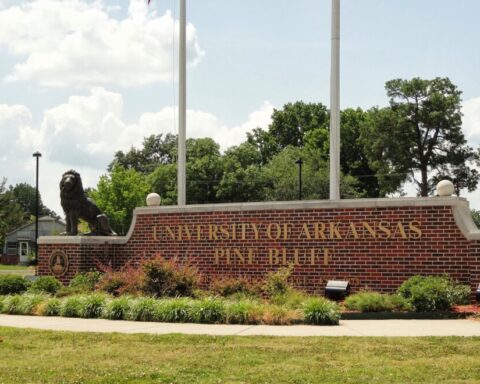Courtesy of the University of Arkansas at Pine Bluff
The University of Arkansas at Pine Bluff (UAPB) reported a 3% increase in enrollment of new and continuing students, including graduate, undergraduate, and transfer students. Preliminary fall 2021 enrollment is nearly 2,800 students and marks a second year-over-year increase. The fall 2020 semester saw 2,668 students enrolled at UAPB for an increase of 6.8% over 2019.
The university’s fall 2021 first-time student enrollment is 4.4% over the fall 2020 semester. The overall increase was also propelled by a robust 16.8% increase in students pursuing graduate degrees. Additionally, UAPB saw an increase in its transfer population.
“Our institution is grateful to the parents and students who continue to choose UAPB,” Chancellor Laurence B. Alexander said. “Again this semester, the COVID-19 pandemic created challenges for students and the institution to overcome. Our first aim in enrollment is to ensure a safe return to campus this fall. Students are regularly tested if they have symptoms or believe they were exposed, and we are holding weekly vaccination clinics and incentivizing students to become vaccinated. UAPB has also created PPE kits for each student taking classes this semester. These efforts, along with those of our divisions of Enrollment Management and Student Success and Academic Affairs, faculty, advisors, other staff and alumni, and agency partner The Design Group have all played a role in the ongoing success of our enrollment.”
Dr. Braque Talley, vice chancellor of Enrollment Management and Student Success, added “Our cross-divisional strategy to grow the number of students who return and matriculate along with new, in-demand graduate programs give UAPB an even greater position to continue to appeal to students, whether they are here for the first time or seeking a second or third degree.”
“The recent enrollment growth of our graduate programs has been nothing short of remarkable,” Provost Robert Z. Carr, Jr. said. “In the last few years, we have intentionally enhanced our graduate curriculum to include many in-demand program offerings such as the Master of Business Administration, the Master of Education in Vocational Rehabilitation with an emphasis in Addiction Studies, the Master of Educational Leadership and Master of Computer Science Education, just to name a few. Our faculty and staff have worked extremely hard to design contemporary programs that appeal to today’s graduate student population.”

